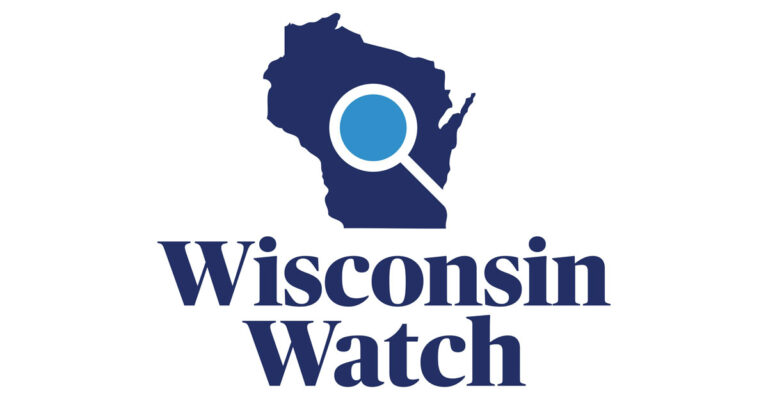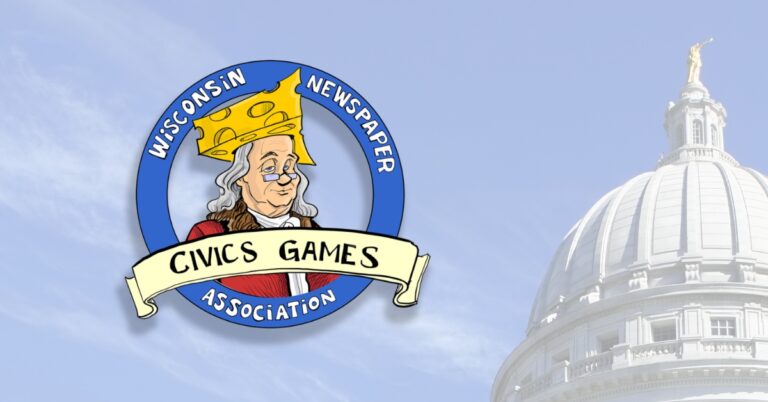The Capitol Report, produced by WisPolitics.com — a nonpartisan, Madison-based news service that specializes in coverage of government and politics — provides a weekly analysis of issues being
debated in Wisconsin state government. It is underwritten by the WNA and produced exclusively for its members. WisPolitics President Jeff Mayers is a former editor and reporter for the Associated Press and a former political writer for the Wisconsin State Journal. The WisPolitics logo can be downloaded here.
Editor’s note: This column is provided to Wisconsin Newspaper Association members by WisPolitics.com. Proper attribution to WisPolitics.com is appreciated. Also, please publish the tagline that is included at the end of the column.
Republicans may be headed for rare lame-duck session
Insiders are speculating a lame-duck session of the Republican-controlled Legislature might be in the works.
That comes on the heels of an Oct. 2 announcement by Senate Majority Leader Scott Fitzgerald of an extraordinary session after the Nov. 6 election to consider legislation that would help Kimberly-Clark retain hundreds of jobs in the Fox Valley.
Political cynics are wondering if the extraordinary session is a way for Republicans to prepare for a possible Democratic takeover of the governor’s office or the state Senate. Majority Republicans in a lame-duck session conceivably could pass a lot of their bills before they lost complete control of the statehouse.
Lame-duck extraordinary sessions are rare. There’s only been one lame-duck extraordinary session since 1980. And that was passage by majority Democrats of employee contracts in 2010 before they gave up control to the Republicans.
Meanwhile, it remained unclear if Senate Republicans would be able to muster the 17 votes needed for the bill. Minority Leader Jennifer Shilling, D-La Crosse, questioned why Republicans were waiting to convene until after the November election if they were truly serious about saving jobs.
Assembly Speaker Robin Vos, R-Rochester, told reporters he’d be open to taking up other bills next month after the extraordinary session convenes.
That includes, Vos said, legislation surrounding pre-existing conditions as it’s an issue “people want to have certainty to.” A bill that looked to guarantee insurance coverage for those with pre-existing conditions previously cleared the Assembly in June 2017, but failed to pass the Senate.
“If we’re going to be back in I’ll always be open to looking at other issues that are unfinished,” the Rochester Republican said, adding while the Kimberly-Clark bill should be the “main focus,” he wouldn’t rule out looking at other pieces of legislation. Fitzgerald said in a statement Vos has approached him about expanding the agenda when lawmakers return.
“While the Senate’s focus will be on tackling the Kimberly-Clark issue first and foremost, I would certainly not rule out taking up additional bills if there is support from the caucuses and the governor,” Fitzgerald said.
Vos also said he doesn’t anticipate the Assembly needing to come back to approve the Kimberly-Clark bill, which cleared the chamber early this year.
“I would never say never,” he said of reconvening to take up any changes the Senate might make. “I’ll take a look and see if they make any changes. But I believe that the version that we passed is the one that they should get to Gov. Walker.”
And Vos said Walker would be able to veto part of the bill so it only pertains to the Cold Spring plant.
“My understanding is he can make a veto that has to deal with the one plant, which is why we’re not required to come back in, but I’ll have to look at the language and kind of work with that,” he said.
Assembly Minority Leader Gordon Hintz said he could see Republicans using the extraordinary session to pass legislation to undermine Tony Evers if he beats Walker. The Oshkosh Democrat told reporters he could also see his GOP colleagues making moves during the session to limit the power of potential Democratic majorities in the Legislature or “getting the rest of their regressive agenda done.”
“That’s something that should be talked about,” Hintz said.
He also suggested Republicans’ plans to vote on the Kimberly-Clark plan after the election “maybe demonstrates how unpopular these corporate cash payouts are.”
“I think this is a placeholder for a Republican Party that is having a tough time making decisions, because of the headwinds they face in the electoral cycle,” he said.
The announcement of a Nov. 12 extraordinary session for a public hearing with a Senate vote later next month comes after package backers had asked the company to wait until after Nov. 6 to see if the Legislature could pass the bill, arguing the dynamics could be different once the elections are over.
“While we remain eager to firm up our plans and minimize the uncertainty being felt by our employees, we will not make any final decisions regarding the Neenah Cold Spring Facility until the Legislature completes its extraordinary session,” a Kimberly-Clark spokesman wrote in an email.
With two GOP members already publicly opposed to the bill, Fitzgerald, R-Juneau, would need every remaining Republican in his caucus and at least one Democratic vote to pass it.
Britt Cudaback, a spokeswoman for Tony Evers, was noncommittal on the bill, saying the workers and their families deserved a “bipartisan solution months ago,” but Walker and Republicans are playing politics.
“We need a long-term, bipartisan and industry-wide solution to the challenges facing the paper industry, not last-minute political gamesmanship,” she said.
The Capitol Report is written by editorial staff at WisPolitics.com, a nonpartisan, Madison-based news service that specializes in coverage of government and politics, and is distributed for publication by members of the Wisconsin Newspaper Association.
Copyright © WisPolitics.com



